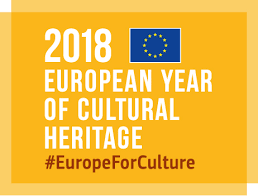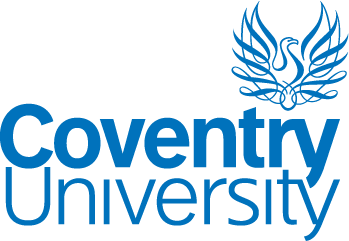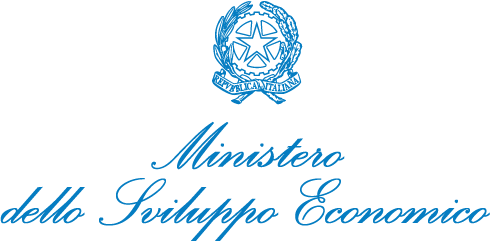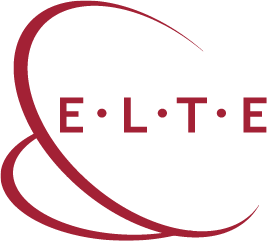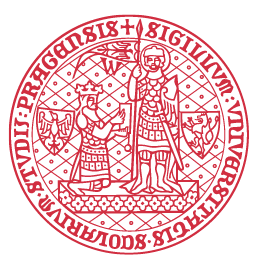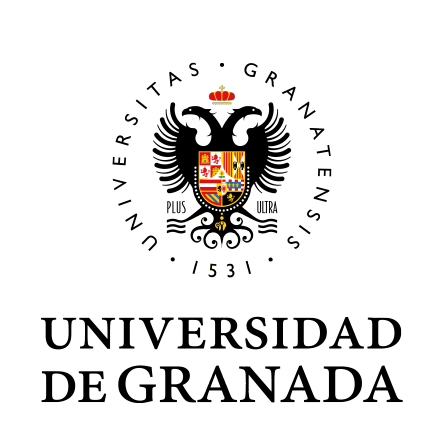- Dr. Zoltán Krasznai (European Commission)
Cultural Heritage Research – Horizons post 2020 - Prof. Alexandra Bitusikova (Matej Bel University, Banska Bystrica, Slovakia)
Social cohesion and social inequality - Dr. Eirini Kaldeli (National Technical University of Athens)
CultureLabs: recipes for social innovation in culture - Prof. Carenza Lewis (University of Lincoln)
The Societal Benefits of Publicly Engaged Archaeology - Prof. Wolfgang Merkel (Berlin Social Science Center and Humboldt University, Berlin)
Is there a Crisis of Democracy? - Dr. Hilmar Schäfer (Universität Viadrina, Frankfurt)
Resilience in practice - interconnectedness
Cultural Heritage Research – Horizons post 2020, by Dr. Zoltán Krasznai (European Commission)
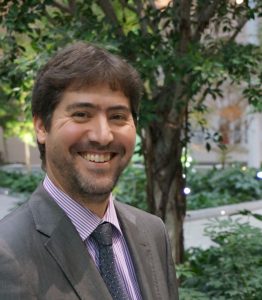 Zoltán Krasznai is policy officer at the European Commission's Directorate General for Research and Innovation (RTD), in unit B.6 'Open and Inclusive Societies'. Zoltán is historian, holding his PhD from the Ecole des Hautes Etudes en Sciences Sociales (EHESS) of Paris. At the European Commission he coordinates the preparation of Horizon 2020 work programmes, essentially about culture and cultural heritage. Before joining the European Commission in 2013, Zoltán worked at the European Economic and Social Committee, a consultative body of the European Union
Zoltán Krasznai is policy officer at the European Commission's Directorate General for Research and Innovation (RTD), in unit B.6 'Open and Inclusive Societies'. Zoltán is historian, holding his PhD from the Ecole des Hautes Etudes en Sciences Sociales (EHESS) of Paris. At the European Commission he coordinates the preparation of Horizon 2020 work programmes, essentially about culture and cultural heritage. Before joining the European Commission in 2013, Zoltán worked at the European Economic and Social Committee, a consultative body of the European Union
Social cohesion and social inequality, by Prof. Alexandra Bitusikova (Matej Bel University, Banska Bystrica, Slovakia)
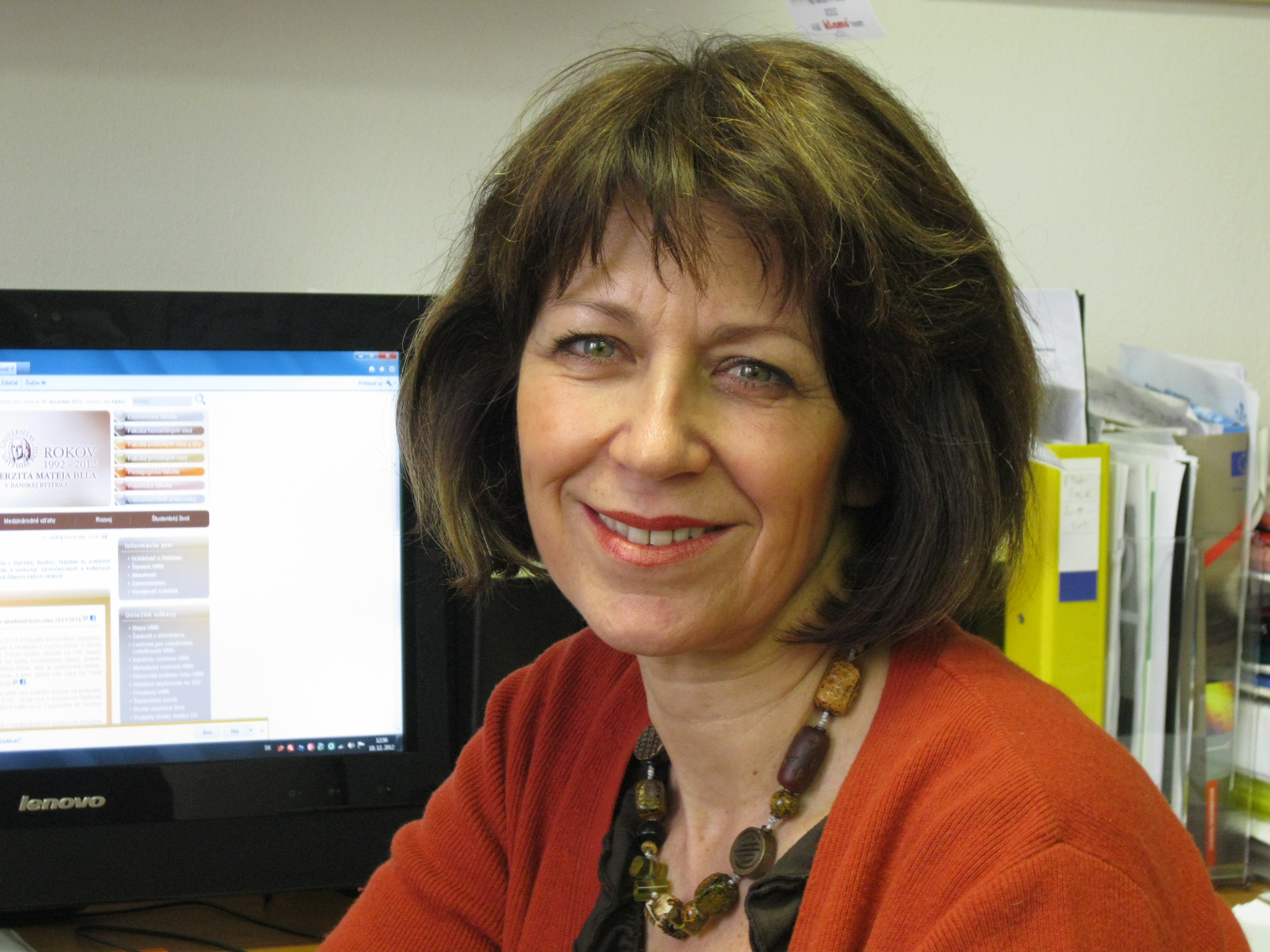 Cultural heritage sector should provide an inclusive access to everyone, however, there are still some groups that are insufficiently integrated in cultural heritage experiences. It is important to find or improve participatory and collaborative approaches to cultural encounters via various new communicative ways.
Cultural heritage sector should provide an inclusive access to everyone, however, there are still some groups that are insufficiently integrated in cultural heritage experiences. It is important to find or improve participatory and collaborative approaches to cultural encounters via various new communicative ways.
Assoc. Prof. Dr. Alexandra Bitusikova, PhD. is associate professor in ethnology/ social anthropology and Vice-Rector for Research at Matej Bel University in Banska Bystrica, Slovakia.
Short biography
In 2001-2008 she worked in the European Commission, DG Research, and in the European University Association in Brussels where she was responsible for the area of doctoral education in Europe. She was research fellow at Cambridge University, University College London and Boston University (Fulbright). Her research interests include urban studies, cultural heritage, post-socialist transformation in Central Europe, social movements, diversity, identity and gender. She published a number of scientific papers and books and has been participating in many research projects (mainly FP5, FP6, FP7, H2020). Since 2012 she has been a national delegate for social sciences and humanities in FP7 and now in H2020.
CultureLabs: recipes for social innovation in culture by Eirini Kaldeli
(National Technical University of Athens)
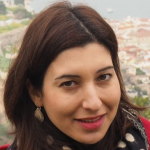 CultureLabs is an Horizon2020 Research and Innovation project which started in April 2018. The project aims at developing a novel methodology and an ICT-empowered infrastructure towards systematizing and facilitating the organisation and wider deployment of participatory projects through the provision of specialised toolkits that offer stakeholder-appropriate ingredients and recipes for social innovation through cultural heritage. CultureLabs’ case studies and pilots focus on different immigrants communities and micro-communities (refugees, second generation immigrants, female immigrants) and on approaches that build bridges between their living culture and mainstream CH. The developed toolkits and infrastructure will be reusable and extensible, so that the collected ingredients (including guidelines, methodologies, digital tools, CH resources etc) can be easily combined and adjusted to meet the needs of different stakeholders, including cultural heritage institutions, civil organisations, and policy makers, as well as the communities themselves.
CultureLabs is an Horizon2020 Research and Innovation project which started in April 2018. The project aims at developing a novel methodology and an ICT-empowered infrastructure towards systematizing and facilitating the organisation and wider deployment of participatory projects through the provision of specialised toolkits that offer stakeholder-appropriate ingredients and recipes for social innovation through cultural heritage. CultureLabs’ case studies and pilots focus on different immigrants communities and micro-communities (refugees, second generation immigrants, female immigrants) and on approaches that build bridges between their living culture and mainstream CH. The developed toolkits and infrastructure will be reusable and extensible, so that the collected ingredients (including guidelines, methodologies, digital tools, CH resources etc) can be easily combined and adjusted to meet the needs of different stakeholders, including cultural heritage institutions, civil organisations, and policy makers, as well as the communities themselves.
Eirini Kaldeli is a Senior researcher at the National Technical University of Greece.
Short biography
Eirini Kaldeli is a computer scientist with interest in ICT applications on cultural heritage. She holds a PhD from the University of Groningen and an MSc in Artificial Intelligence from the University of Edinburgh. Since 2014, she is a senior researcher at the Intelligent Systems, Content, and Interaction laboratory at the National Technical University of Athens. In the last years, she has been working on the design of Web services for curating and creatively reusing digital cultural heritage, investigating how AI methods can be applied and assist users in this context.
The Societal Benefits of Publicly Engaged Archaeology, by Prof. Carenza Lewis (University of Lincoln)
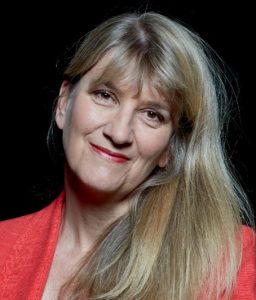 This keynote address will consider the capacity of publicly engaged archaeological heritage projects to benefit wider society. In many places, engaging with wider publics is an aspect of the archaeological process which, if considered at all, is regarded as a ‘nice but non-essential’ extra which is not integral to project aims. Simultaneously, in an era of financial cuts, tangible heritage is often viewed as a liability rather than an asset. This address will challenge that view, presenting a variety of case studies from the UK in which publicly engaged archaeological projects have delivered measurable specific benefits to diverse sectors of wider society including secondary school students, rural residents and residents of deprived estates. It will conclude by considering how such approaches might be propagated in different countries.
This keynote address will consider the capacity of publicly engaged archaeological heritage projects to benefit wider society. In many places, engaging with wider publics is an aspect of the archaeological process which, if considered at all, is regarded as a ‘nice but non-essential’ extra which is not integral to project aims. Simultaneously, in an era of financial cuts, tangible heritage is often viewed as a liability rather than an asset. This address will challenge that view, presenting a variety of case studies from the UK in which publicly engaged archaeological projects have delivered measurable specific benefits to diverse sectors of wider society including secondary school students, rural residents and residents of deprived estates. It will conclude by considering how such approaches might be propagated in different countries.
Carenza Lewis is archaeologist and Professor for the Public Understanding of Research at the University of Lincoln.
Short biography
She specialises in the medieval period and is particularly interested in rural settlement and childhood. Before moving to Lincoln in 2015, she was Director of Access Cambridge Archaeology, an outreach unit which she set up at the University of Cambridge (2004-15), Presenter on the long-running award-winning TV series Time Team (1993-2005) and Archaeological Investigator with the Royal Commission on Historical Monuments of England (1986-1999).
Selected Publications
Lewis, C. 2017. ‘Evidencing the impact of widening participation access programmes: Assessment within the Higher Education Field Academy.’ Widening Participation and Lifelong Learning Volume 19, Number 2 (May 2017): 87-112.
Lewis, C. 2016. ‘Knowledge, Impact and Legacy in Community Heritage Research Projects’ in N Higgett (ed) AHRC Connected Communities Heritage Network Symposium Proceedings 2015. Published online at http://www.heritagenetwork.dmu.ac.uk/portfolio/
Lewis, C. 2016. ‘Disaster Recovery? – New archaeological evidence from eastern England for the impact of the ‘calamitous’ 14th century’. Antiquity Volume 90, Issue 351: 777-797.
Lewis, C. 2015. ‘Archaeological Excavation and Deep Mapping in Historic Rural Communities’ Humanities 2015, 4: 393–417.
Lewis, C. 2014. ‘Cooler than a trip to Alton Towers’: Assessing the impact of the Higher Education Field Academy 2005-2011’ in Public Archaeology, Vol 13 (2014), no 4: 295-322.
Lewis. C. 2014. ‘The Power of Pits: Archaeology, outreach and research in living landscapes’ in K. Boyle, R. Rabett and C. Hunt (eds) Living in the Landscape. Cambridge, McDonald Institute for Archaeological Research Monograph: 321-338.
Johnson, M. and Lewis, C. 2013. ‘‘Can you dig it?’ Developing an approach to validly assessing diverse skills in an archaeological context’. Journal of Vocational Education & Training, Volume 65, Issue 2: 177-192.
Lewis, C. 2007. ‘New avenues in the investigation of currently-occupied rural settlements – preliminary results from the Higher Education Field Academy’ in Medieval Archaeol. Vol 51: 133-164
Is there a Crisis of Democracy? by Prof. Wolfgang Merkel (Berlin Social Science Center and Humboldt University, Berlin)
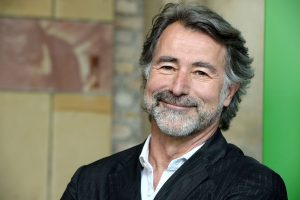 Democracy seems to be inextricably linked to crisis. This is true since the ancient writings of Plato and Aristotle. During the Twentieth century the literature and talk on crisis peaked in the 1920ies and 1930ies and later on in the early 1970ies. More recently, the debate over the crisis of democracy goes on under the heading of “postdemocracy” (i.a. Crouch). However, the term “crisis of democracy” is only vaguely defined. Nevertheless, one can distinguish between “acute” and “latent” crisis. But even then democratic theory was not able to conceptualize “latent crisis of democracy” so far. I will address the question of whether the crisis of democracy is an invention of theoretically complex but empirically ignorant theorists or whether we find significant evidence that there are unresolved problems which accumulate to a crisis of democracy, on three levels (Merkel):
Democracy seems to be inextricably linked to crisis. This is true since the ancient writings of Plato and Aristotle. During the Twentieth century the literature and talk on crisis peaked in the 1920ies and 1930ies and later on in the early 1970ies. More recently, the debate over the crisis of democracy goes on under the heading of “postdemocracy” (i.a. Crouch). However, the term “crisis of democracy” is only vaguely defined. Nevertheless, one can distinguish between “acute” and “latent” crisis. But even then democratic theory was not able to conceptualize “latent crisis of democracy” so far. I will address the question of whether the crisis of democracy is an invention of theoretically complex but empirically ignorant theorists or whether we find significant evidence that there are unresolved problems which accumulate to a crisis of democracy, on three levels (Merkel):
- first, on the level of quality of democracy indices developed by experts;
- second, on the basis of the survey reports on the opinion of the demos;
- third, on a deeper analyses of crucial spheres of democracy.
The results hint in different directions. According to expert indices and polls, the message is: there is no general crisis of democracy. However, the partial analyses on participation, representation, and effective power to govern reveal unresolved democratic challenges, such as an increasing level of exclusion of the lower third of the demos from participation, an inferior representation of their interests, and a loss of democratic sovereignty in policy making. In addition, we are witnessing the rise of right-wing populism in Eastern and Western Europe. But the question emerges is right wing populism a threat to democracy or a cure against a supposedly excessive liberalism in present democracy? Does it make a difference for the resilience and quality of democracy if right wing populists are in opposition or in government, if they are a junior or dominant partner in governing coalitions, or if they act in stable well consolidated or unconsolidated democracies? What appears to be obvious is that we are witnessing changing axes of democratic legitimacy. It is not clear yet whether this will autocratize or democratize our democracies. Special attention will be paid to the development in mature West-European and younger East-European democracies.
Wolfgang Merkel is Director of the Research Unit "Democracy and Democratization", WZB - Berlin Social Science Center, Berlin and Professor for Political Science at Humboldt University.
Short biography
1994 - Acceptance of a call for a professorship in political science/comparative governance (C3) from the University of Mainz
1998 - Call for a professorship in political science (C4) from the University of Heidelberg
2004 - Professor of Political Science , Humboldt-Universität zu Berlin and Director of the research unit "Democracy and Democratization" at the WZB - Berlin Social Science Center
2007 - Appointment as a member of the Berlin-Brandenburg Academy of Sciences and Humanities
Selected Publications
Merkel, Wolfgang/ Kneip, Sascha (Eds.) (2018): Democracy and Crisis. Wiesbaden Springer.
Wolfgang Merkel, Kollmorgen, Raj; Hans-Jürgen Wagener (Eds.) (2018): Handbook of Transformation Research. Oxford: Oxford University Press (forthcoming.
Merkel, Wolfgang (2014): "Is Capitalism Compatible with Democracy?". In: Zeitschrift für Vergleichende Politikwissenschaft/Comparative Governance and Politics, Vol. 8, No. 2, S. 109-128.
Merkel, Wolfgang (2014) Is there a crisis of democracy? , in: Democratic Theory (1) 2/ 2014: 1-10.
Merkel, Wolfgang (2010): Systemtransformation. Eine Einführung in die Theorie und Empirie der Transformationsforschung. Wiesbaden: VS Verlag für Sozialwissenschaften, 561 S.
Merkel, Wolfgang/Petring, Alexander/Henkes, Christian/Egle, Christoph (2008): Social Democracy in Power. The Capacity to Reform. Routledge Research in Comparative Politics. London/New York, NY: Routledge, XVII, 309 S.
Resilience in practice - interconnectedness, by Dr. Hilmar Schäfer (Universität Viadrina, Frankfurt)
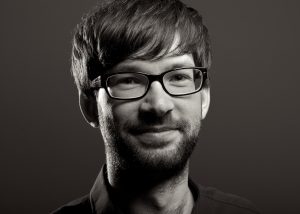 Hilmar Schäfer, Dr. phil., is a cultural sociologist and research fellow at the Faculty of Social and Cultural Sciences at Europa-Universität Viadrina, Frankfurt (Oder), Germany. His research interests include social theory, sociology of art and culture, and cultural heritage. In the field of social theory he has published on Pierre Bourdieu, Michel Foucault, actor-network theory, practice theory, and pragmatism. His current postdoctoral research deals with the social significance of cultural heritage with a focus on UNESCO world heritage.
Hilmar Schäfer, Dr. phil., is a cultural sociologist and research fellow at the Faculty of Social and Cultural Sciences at Europa-Universität Viadrina, Frankfurt (Oder), Germany. His research interests include social theory, sociology of art and culture, and cultural heritage. In the field of social theory he has published on Pierre Bourdieu, Michel Foucault, actor-network theory, practice theory, and pragmatism. His current postdoctoral research deals with the social significance of cultural heritage with a focus on UNESCO world heritage.
http://www.kuwi.europa-uni.de/de/lehrstuhl/vs/kulsoz/mitarbeiter/schaefer/index.html

